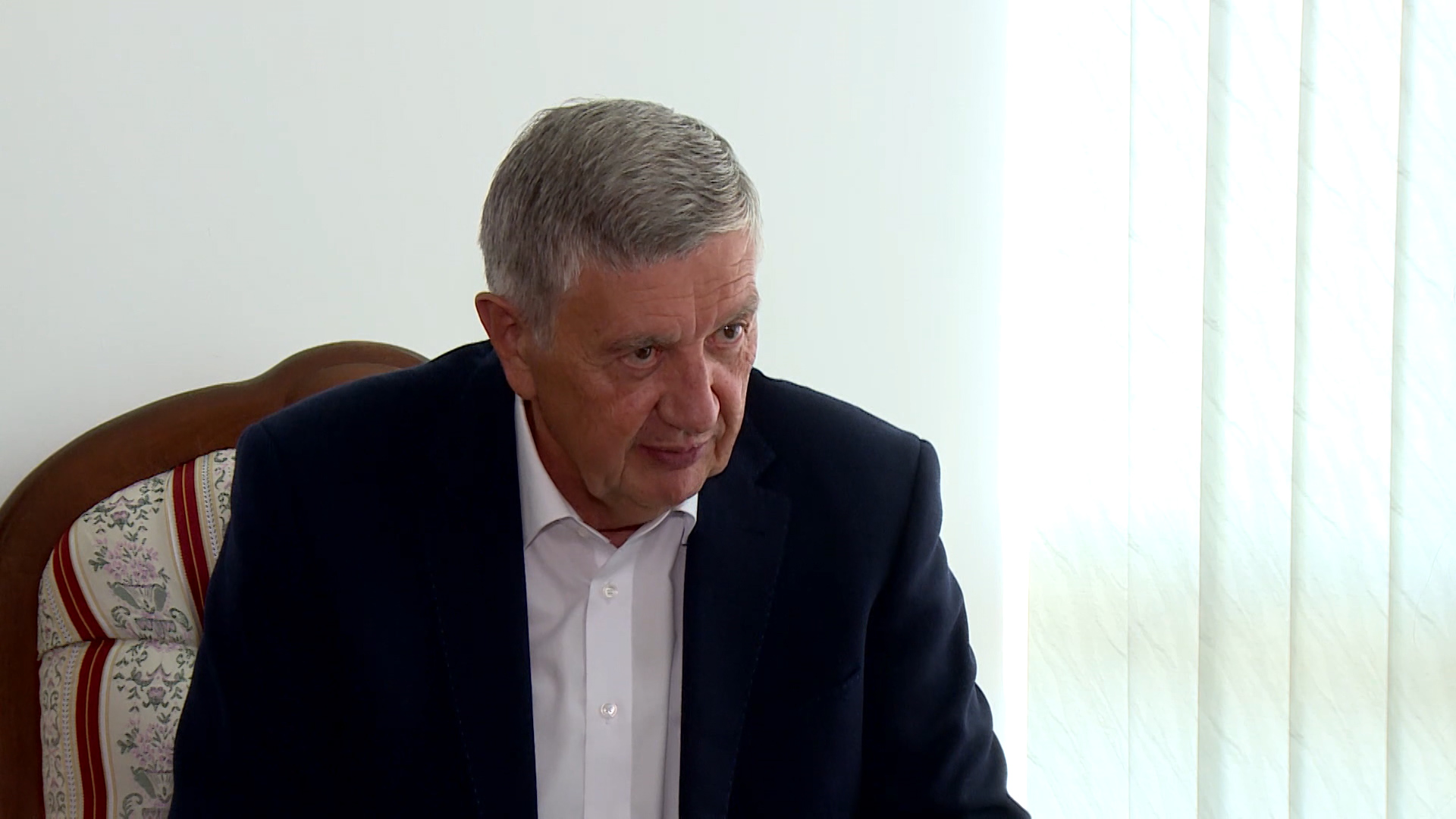Lower House Speaker: Moving embassy to Jerusalem in line with US foreign policy

The recent initiative by the Bosnian Serb Presidency member to move Bosnia’s embassy in Israel from Tel Aviv to Jerusalem was an attempt to align the country’s foreign policy with the one of the United States, the Speaker of Bosnia’s House of Representatives, Nebojsa Radmanovic, told N1 on Monday.
Radmanovic commented on the request by Bosnian Serb leader Milorad Dodik which came shortly after Serbia agreed to move its embassy to Jerusalem.
The other two members of the tripartite Presidency, however, voted against it.
According to Radmanovic, the issue is part of a wider context.
“I think that some things in international politics have changed in these past 25 years since the Dayton Agreement was signed. There is a strategy of foreign policy which we don’t all agree on,” he said.
Radmanovic argued that the proposal to move the embassy to Jerusalem was meant to appease the current US foreign policy and that Bosnia’s Serb-majority semi-autonomous Republika Srpska (RS) entity determined this to be the right move, although it does not represent the position of the European Union.
“It’s true that the EU doesn’t share this view. We usually align our position towards those of the EU, but we have not heard any reactions about it yet (from the EU),” Radmanovic said, arguing that the question of whether the EU even has a right to react in this case arises.
The EU has been having difficulties in dealing with Bosnia and Herzegovina for many years, he said, arguing that it “does not care about us.”
“It is true that we also share the blame for this because we are not fulfilling what we promised, but they carry most of the responsibility. If they worked as they should, we would not need such agreements with the United States,” he said.
Dodik was blacklisted by the US in 2017, which determined that he “actively obstructed or who posed a significant risk of actively obstructing the 1995 General Framework Agreement for Peace”, the treaty that ended the war in Bosnia and contains the country’s Constitution.
When asked whether Dodik’s move regarding the embassy could be an attempt for him to get off the list, Radmanovic said that the Bosnian Serb leader has “pure intentions.”
“I think those are pure intentions because there is no point in doing it now,” he said, arguing that Dodik was included in the list without reason in the first place.
“This represents the clear position of a man who is an important link in conducting foreign policy. He is the most important link from Republika Srpska, so this can not be seen as attempts at flattery,” he said.
Kakvo je tvoje mišljenje o ovome?
Učestvuj u diskusiji ili pročitaj komentare





 Srbija
Srbija
 Hrvatska
Hrvatska
 Slovenija
Slovenija







